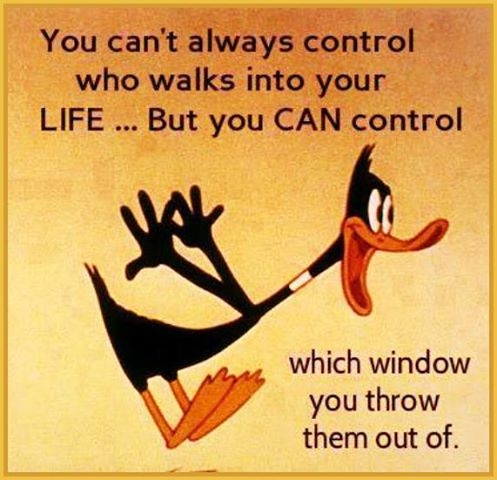21st Century Shallow: The Overly Quick and Possibly Insincere Player Apology

The words, "I'm sorry" are supposed to be a meaningful set of words that express genuine remorse.
Flash forward to modern days, when anyone -- especially athletes -- can share how they feel with a simple click of their finger. Twitter, Facebook, and Instagram, among other media outlets, allow everyone to have an opinion and share it instantly in a public forum. Obviously, nothing is private when these statements are posted on such platforms; it's incredible that many players either don't realize this or are too ignorant to care about what they're firing out for all to see.
Regardless of whether or not they like or accept it, high-profile athletes are held in high regard by many fans. How those athletes behave dictates people's perceptions. If an athlete opts to publicly criticize a player, a ref, an organization, or a coach, the message can easily go viral. Consequences for rash remarks can range from the issuance of a simple apology to being fined for violating organizational policy.
What drives an athlete to post idiotic statements? And do their apologies even seem sincere anymore?
Some athletes are given the benefit if the possibility exists that someone hacked their account. But let's face it, those instances are rare.
With the accessiblity and availability of the internet, athletes of all ages use these media as their own diary. They discuss anything that comes to mind and submit their thought via many social channels. They treat it like a small-group correspondence, oblivious to the fact that others may be lurking, searching, or sharing.
Maturity plays an issue. The immature athletes should know the risks but decide to post with questionable judgment anyway. When that transgression is revealed, it is addressed, and within hours, or a day, an apology is issued. We simply do not know whether that apology was from them or if their organization forced them to apologize and composed the contriteness for them. Remember, as an athlete, what they do or say reflects their team's brand, and if that brand is tainted, the organization usually takes a substantial financial hit.
Personally for me, the old adage, "Think before you speak" should play a part here. Many athletes aren't taking the time to think anymore, and it'sbecoming even more apparent. When I'm the reader, I take into consideration the athlete, and if his actions are a habitual occurrence, I can make a sound judgment of that athlete's character. You can live or die by what you say. John Rocker publicly blurted out some incredibly nasty things about New York City, and his career -- let alone his reputation -- severely suffered from his ignorance. That was even before Twitter. He apologized but continued to make ignorant comments.
A major example these days is Johnny Manziel. His Twitter account is regularly followed by hundreds of thousands of people. His popularity is above and beyond anything he could envision. The comments he posts and the subsequent apologies he posts are severely scrutinized. Do we believe a 20-year-old who impulsively lashes out in cyberspace yet follows up moments later with a quick apology? Insincerity is a massive problem, especially in this day and age. Unfortunately, people have taken advantage and exploited the words, "I'm sorry".
The solution? Shut down social media. Okay, that will never happen in the free world -- nor should it -- but informing students, especially student athletes (as well as professional athletes) about the repercussions from their ignorance is vital.
I realize the four major sports conduct mandatory seminars for rookies to prepare them for the foibles of public life, but it's clear that more has to be done to reduce bonehead moves so many athletes keep making. Accountability should be more effectively enforced. If I were an athletic director or owner, I wouldn't be afraid to make an example out of anyone, even an exceptional player.
Conditioning an athlete to think before he submits his emotions to the internet should be a part of an organization's player reform process. In order to be a professional, act like one, and you will be treated like one.
Othewise, welcome to the dope show.

